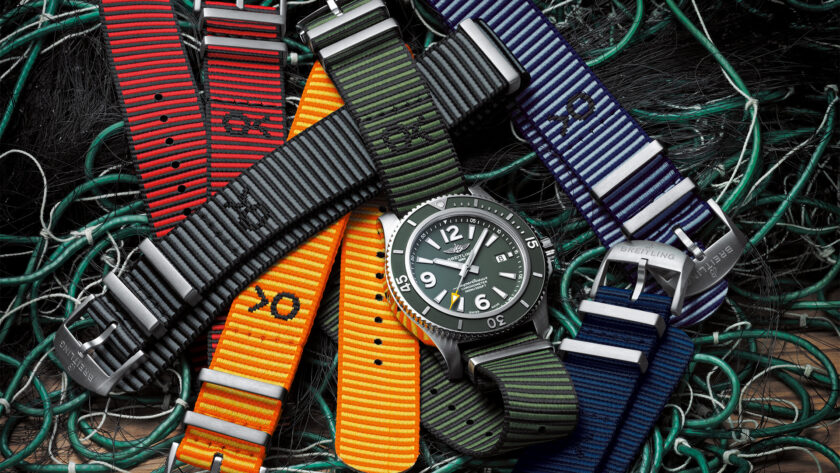As consumers become increasingly conscious of environmental and social issues, the luxury watchmaking industry is experiencing a significant shift towards sustainability. Rolex, a renowned Swiss luxury watch brand, has been at the forefront of this movement, implementing initiatives to source materials responsibly and reduce its environmental impact. This article explores Rolex’s efforts, particularly in the context of its rose gold rolex watches, to promote sustainability in luxury watchmaking.
Responsible Material Sourcing:
Rolex is committed to sourcing materials ethically and responsibly, ensuring that they adhere to rigorous environmental and social standards. This includes the gold used in its rose gold watches, which is obtained from certified responsible sources.
The brand works closely with suppliers to trace the origins of its gold and verify that it is sourced from mines that meet strict environmental and labor regulations. By prioritizing responsible sourcing, Rolex aims to minimize the negative impacts of gold mining on local communities and ecosystems.
Eco-Friendly Manufacturing Practices:
In addition to responsible material sourcing, Rolex has implemented eco-friendly manufacturing practices to reduce its environmental footprint. This includes optimizing production processes to minimize waste, energy consumption, and greenhouse gas emissions.
The brand invests in state-of-the-art technologies and facilities that prioritize energy efficiency and sustainability. By embracing innovative manufacturing techniques, Rolex aims to minimize its environmental impact while maintaining the highest standards of quality and craftsmanship.
Longevity and Durability:
Rolex watches are renowned for their longevity and durability, characteristics that contribute to their sustainability. By crafting timepieces that stand the test of time, Rolex encourages consumers to invest in quality products that last for generations.
The brand’s focus on durability reduces the need for frequent replacements and repairs, thereby conserving resources and reducing waste. This aligns with the principles of sustainable consumption and responsible stewardship of natural resources.
Investment in Conservation Efforts:
Rolex has a long-standing commitment to environmental conservation and preservation. Through its philanthropic arm, the Rolex Awards for Enterprise, the brand supports innovative projects that address pressing environmental challenges, such as biodiversity conservation, climate change mitigation, and sustainable resource management.
By investing in conservation efforts around the world, Rolex demonstrates its dedication to protecting the planet and safeguarding its natural heritage for future generations.
Conclusion:
Rolex’s initiatives in promoting sustainability in luxury watchmaking, particularly in the sourcing of materials for its rose gold watches, underscore the brand’s commitment to environmental stewardship and social responsibility. By prioritizing responsible material sourcing, eco-friendly manufacturing practices, durability, and conservation efforts, rose gold rolex sets a precedent for the industry and inspires other luxury watchmakers to embrace sustainability as a core value. As consumer demand for ethically produced and environmentally friendly products continues to grow, Rolex’s leadership in this area reinforces the importance of sustainability in luxury watchmaking and beyond.




